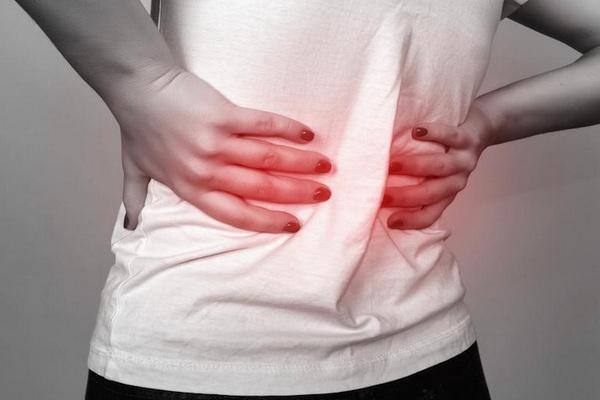Зміст
Bowel disease: pay attention to your skin

Skin health is the body’s best barometer, and this applies to the gut. Vigilance should be encouraged even for seemingly harmless skin lesions such as erythema, most commonly associated with Lyme disease, and various types of mouth ulcers or declamation of the epidermis. All of these symptoms are often associated with leaky gut. Bacteria, viruses, or toxins most often enter the body through the weakened barrier of the small intestine and contribute to inflammation of the skin or mucous membranes. Weakened organs do not absorb the right amount of nutrients (such as vitamins or minerals) needed for the body to function properly. Not hard to guess
Bowel disease: mood swings
Are mood swings, excessive apathy and constant fatigue your daily life? The main culprit for such anxiety is most often-mental disorders, especially depression, but not only depression. Bad moods are also often caused by an imbalance in the intestinal flora. They occur when the daily diet is poor in the beneficial bacteria Lactobacillus and bifidobacterium. The best sources are, that is, fermented milk products such as kefir, yogurts and silage, so they cannot be omitted from the menu. There is something to fight for. The healthier our gut, the better our body functions and the more we laugh, because serotonin, the so-called happiness hormone, is produced by the cells of the intestine.
Bowel Disease: Beware of Insomnia!
The topic of sleep quality returns to the context of various ailments. It is also inextricably linked with the state of the intestine, which has already been confirmed in the course of research. Who is most affected by the problem? Many patients with inflammatory bowel disease, especially ulcerative colitis, struggle with chronic insomnia.
Bowel disease: when we have a migraine.
What do irritable bowel syndrome and aching migraine have in common? More than meets the eye. Doctors warn that in more than half – up to 60 percent – of patients, IBS coexists with recurrent headaches. Here, genetics and exposure to constant stress are of great importance.
Bowel disease: high fever is an important symptom!
If your body temperature rises strongly, you should always see a doctor. A common cold or flu is most commonly suspected, but it is also a key symptom of inflammation in the body, including inflammation of the intestines. What should you pay special attention to? When a high body temperature persists for a long time, it exceeds 38 degrees Celsius and is not accompanied by symptoms so typical of classic infections, such as a sore throat, rash, or even abdominal pain.
Bowel disease often goes hand in hand with pancreatitis and arthritis.
Bowel disease, especially inflammatory bowel disease, often goes hand in hand with diseases of other organs. If someone is struggling with pancreatic pain, kidney stones, or is diagnosed with arthritis, they should also take a close look at their gut health. Doctors point out these compounds directly and often identify them, for example, as arthritis in inflammatory bowel disease.
Spinal pain is also an important symptom

The symptoms of intestinal problems are not only persistent diseases of the digestive system, especially abdominal pain, constipation or diarrhea, but also diseases of the spine. How is this possible? They may simply be the result of colon spasms, which in turn cause not only diseases such as bowel cancer, but even unhealthy diet. In addition, persistent intestinal pain is often radiated to other organs or parts of the patient’s body, especially to the lower back.








